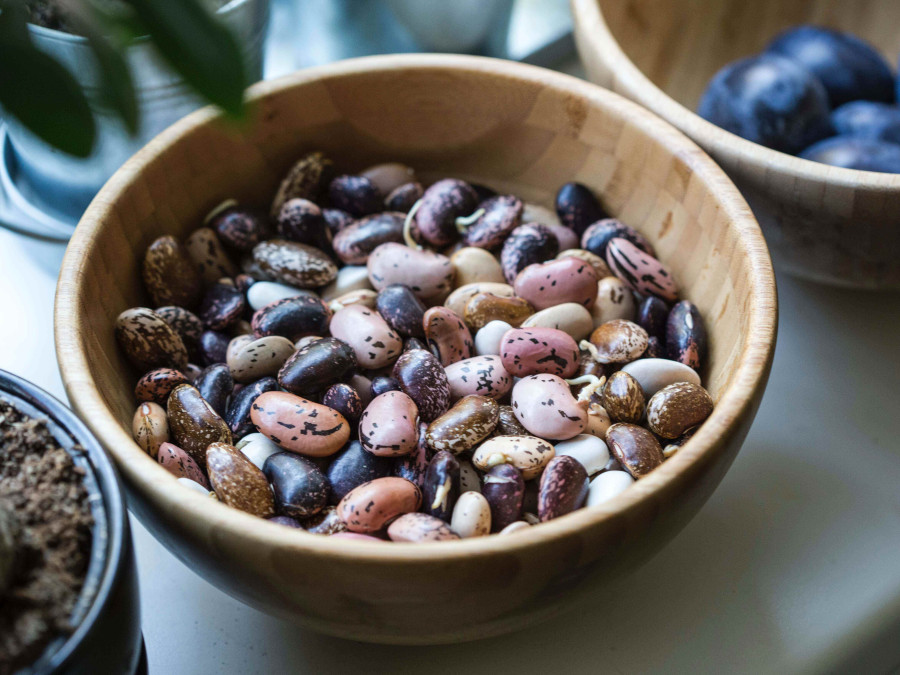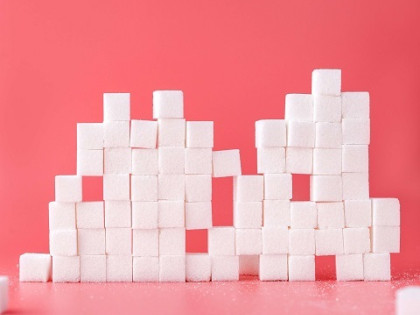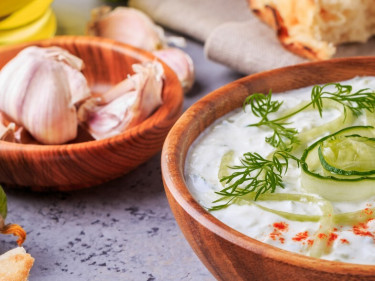Legumes, aka beans, lentils, chickpeas, and peas, are tiny nutrition powerhouses. Packed with protein, fibre, vitamins, and minerals, these humble plant foods are inexpensive and can do wonders for your health.
Why Should You Eat More Legumes?
Legumes don’t just taste great, they’re seriously good for you! They’re rich in protein, gut-loving fibre, and essential nutrients like iron, calcium, and magnesium.
Eating them regularly can help balance blood sugar levels, lower cholesterol, and support gut health. Plus, research shows that just 150g a day (which looks like 1 serve of baked beans with breakfast, and 1 serve of peas with dinner) can reduce your risk of diabetes, heart disease, and some cancers.
But here’s the catch - almost half of Aussies don’t eat enough. Less than 30% of Australian's consume legumes on a regular basis, and most Australian’s consume less than one third of a serve of legumes per week, missing out on all the goodness legumes have to offer!
Easy Ways to Eat More Legumes!
Not sure how to add more legumes to your meals? Start small! Try these easy swaps:
- Boost your soups & stews – Toss in lentils, beans, or chickpeas for extra protein and texture, perfect for making a double batch – future you will thank you!
- Power up your salads – Add cooked beans or lentils for a boost in both your vegetable, and protein serves for the day! Not sure how you fair up against the average Australian dietary intake? Take the Healthy Eating Quiz!
- Snack smart – Crunch on roasted chickpeas, munch on peanut butter, or dip with hummus for a snack that boosts energy – perfect for a 3pm pick-me-up
- Meat-Free Days – Try adding a meat-free meal, or day, into your recipe rotation. Get creative in the kitchen to see what classic favourites you can re-create with legumes!
Start here for some inspiration:
Legumes are great value, tasty, and good for you - so why not give them a go? Start adding them to your meals today! Get inspired by Mexican, Mediterranean and Indian meals, which often feature legumes as the star of the show.
Need more legume-filled recipes? Check out www.glnc.org.au for inspiration, and download their FREE! eBook for nearly 50 legume loving recipes.













